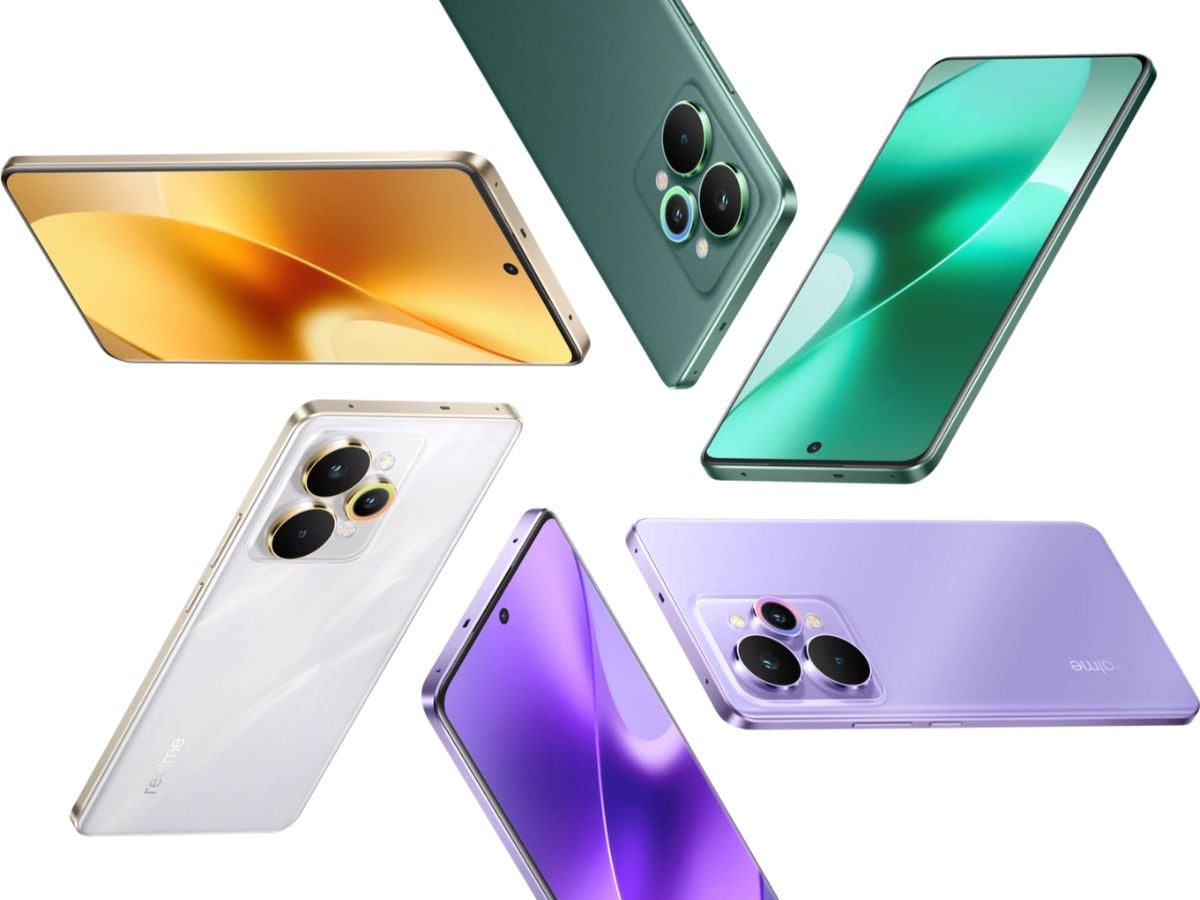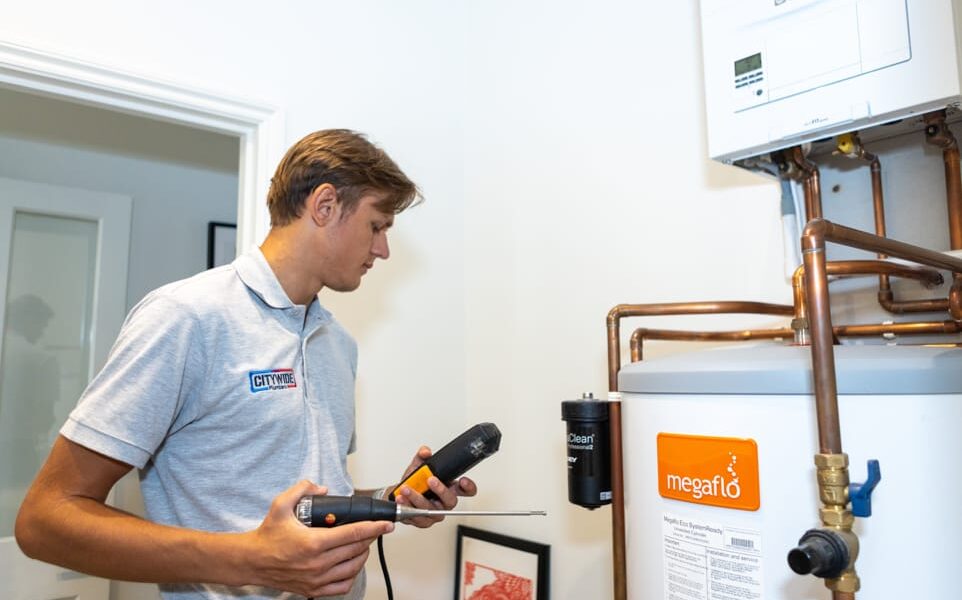During the launch event for Dyson’s latest set of products, held at the flagship Dyson store in Berlin, the man himself, Sir James Dyson, sat down with Trusted Reviews and other outlets to discuss his work, Dyson’s current place in the tech industry and everything in between.
Given just how prolific artificial intelligence has become across the entire tech sector, whether it be in household cleaning items or smartphones, it’s no surprise that AI also factors greatly into Dyson’s latest products such as the new Spot+Scrub AI robot vacuum, although James was quick to point out that it’s not a new concept where the company’s products are concerned.
“We’ve been using AI for ages,” he explained, “a motor has to perform differently according to the altitude it’s at, so in the extreme, Mexico City, a motor has to go at a different speed to a motor in London… so we’ve had AI working that one out and adjusting the motor.”
Of course, the capabilities of AI have expanded greatly in the last few years through the popularity of large language models like ChatGPT and Google Gemini, so when pushed about where he sees the larger benefits of AI going forward, Dyson revealed that it’s in boosting the longevity of products that most captures his attention.
He explained, “I think AI and anticipating things, knowing your behaviour [is key]. A good example actually is batteries, [the] treatment of batteries, because you don’t want to have a battery fully charged because that degrades the battery. You don’t want to have a battery in a condition of more than 25 degrees because it degrades. Heat degrades it more than anything else, so batteries are highly complex things… actually, the best condition for a battery is 50% charged, but consumers don’t understand that, so looking after batteries for people is a really important thing [for AI].”
One of the company’s most prolific missteps of the last few years was the launch of the Dyson Zone. Even though the device had solid audio quality and was certainly unique, it couldn’t quite find a foothold in the industry and, at the time of writing, Dyson no longer sells the product, even though it only came out just two years ago, having been replaced by the Dyson OnTrac headphones.
When pushed about his experience with the Zone headphones, Dyson was surprisingly candid about the whole thing: “we actually started [building] it before Covid, so it has nothing to do with Covid, it was just so that you could breathe clean air. We sold an awful lot in Los Angeles during the fires, and I think nowadays, you can’t see pollution… so people don’t see the need for it, and also, it’s a slightly confusing product because, what is it, headphones or is it an air purifier? So people, I think, didn’t understand it… so sometimes things work and sometimes they don’t. We’re used to failures. If you experiment… it doesn’t always work.”
While Dyson has no shortage of competition, particularly in the vacuum cleaner market, Shark Ninja is easily one of the most consequential, particularly as it targets a more budget-conscious demographic but with a design ethos that’s not too dissimilar to Dyson’s hardware.
Without mentioning Shark by name, Dyson did have some harsh words for his competitors: “I don’t like people who go around copying people… I think it’s bad. It’s not only bad for me, but it’s bad for the customer because the customer doesn’t get [a] choice. Do your own motors, do you own designs, don’t copy ours, give the consumer a choice. There are people who think that people copying each other is good for the customer because it creates competition. Actually, I think it’s the reverse. The customer gets less choice and I think it’s immoral… at school, if you copy someone’s work, you get expelled.”
For more Dyson news, check out our breakdown of the company’s all-new super slim Dyson PencilVac, or our recent review of the Dyson Cool CF1 fan.











